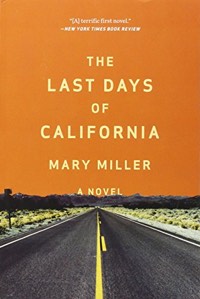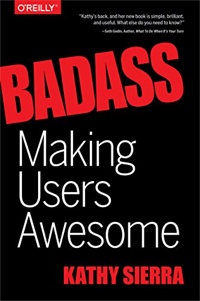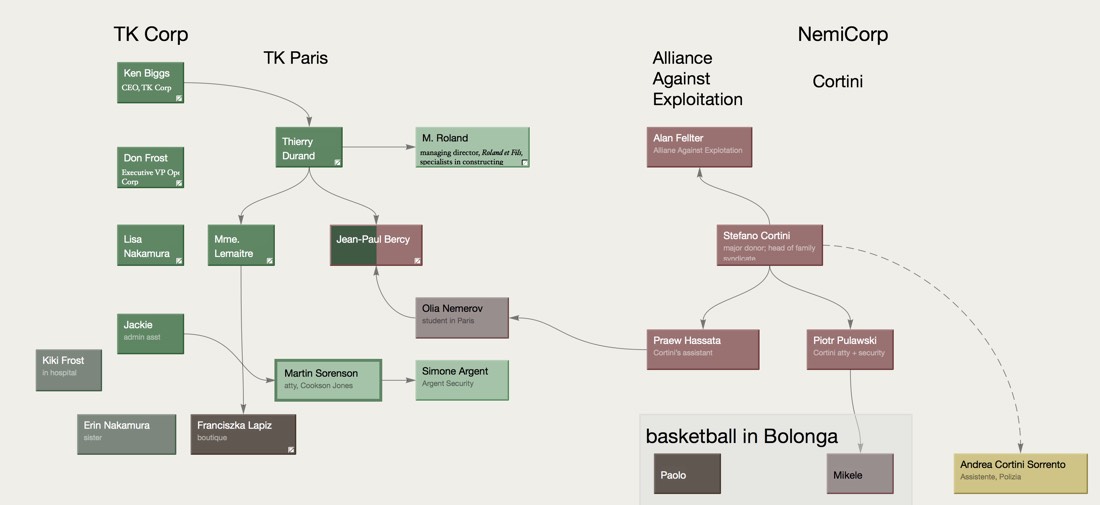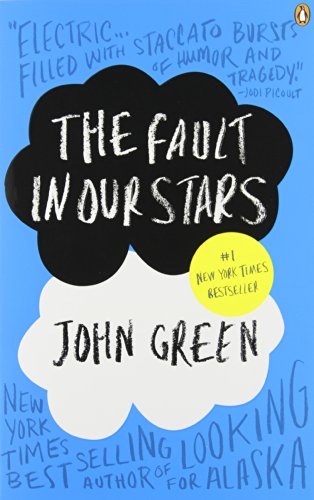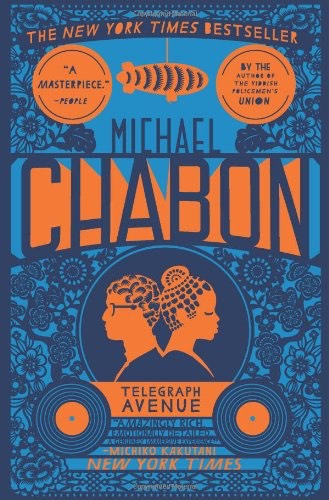by Kathy Sierra
Badass is the logical culmination of the contemporary business book: a PowerPoint deck on paper. It’s a good deck; Sierra is first and foremost a speaker.
Sierra’s insight here – and it’s a important – is that the whole point of technology marketing is to make users awesome, which means giving them tools to do great stuff, leading them toward using those tools well, and then getting out of the way. This is music to my ears, of course, since Tinderbox users are pretty much the definition of “badass” and “awesome” and each day’s Tinderbox support queue tends to be filled with a remarkable array of talented writers, journalists, scientists, and scholars. (Lots of musicians, too: I’m honestly not sure why.)
One insightful example explores camera documentation. On the one hand, manufacturers tend to explain how to use this camera. But purchasers don’t care about that. They want to know how to take great pictures – better pictures than they could take with their old camera. That’s a useful framing for lots of technical marketing problems, and a very intriguing guide to improving sales, support, and training.
The later sections of the book discuss strategies for help users become “badass” before they give up and abandon your product. Many of the strategies are heuristically sound, but Sierra presents them as necessary cognitive truths. This leads to an unfortunate rhetoric where we’re consistently cajoling or deceiving our user’s brain in order to help the user; instead of making users awesome, we’re manipulating them for their own good. Sierra embraces the weirdness heartily and underlines it on page after page with a series of brain icons – for example, a brain with a faucet symbolizes “distraction”.
Actual cognitive arguments – arguments about how the brain actually accomplishes something – require more than intuitive plausibility and an experiment or two. We just don’t understand brains very well, they often work in ways that aren’t intuitively obvious, and it turns out that we’re not particularly good at thinking about our thinking. In a talk, this hand-waving might be more effective, but paper provides leisure to poke holes. In the end, we aren’t trying to solve the problem of the mind right now, we’re just trying to sell some stuff! The conclusion much of this reaches is the desirability of focusing training on skills and concepts that are immediately necessary and clearly rewarding; that conclusion doesn’t need any cognitive science at all.
Nonetheless, the original observation is sound and significant. We aren’t playing silly psychological games to get customers to engage with the brand or to splurge on in-app purchases. We’re helping smart and capable people to do good and important work, one step at a time.



